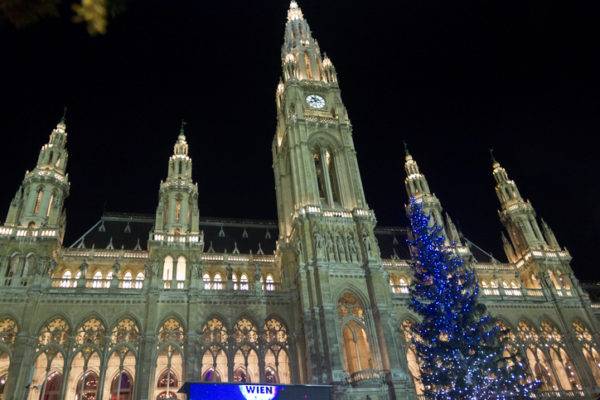Siemens AG is leading a consortium undertaking a new smart city research initiative in the new Aspern district of the Austrian capital.
The German engineering goliath is the lead partner in a public private partnership called Aspern Smart City Research.
The project, which has a five-year budget of $41 million, includes two energy providers to Vienna, Wien Energie and Wiener Netze as the other big partners.
The ultimate goal of the research project is to develop innovative energy production solutions for future cities.
The research is expected to lay the groundwork for services that utilities could provide in the future like flexible energy tariffs that could factor in the contribution of account prosumers.
Another result of the research is to increase efficiency of energy production through the real-time analysis of weather conditions.
Just three buildings for now
Currently the smart cities research is focused on three buildings that are generating 2 million pieces of data daily. Data is coming from a 213-unit apartment building, a school and a student lodging building.
Construction on the new city of Aspern was begun from scratch in 2008 on the site of a former airport. The total cost of construction will reach nearly $6 billion and run until 2028.
People began moving into the Aspern community in 2015, two years following the district’s connection to Vienna by subway.
Currently 6,000 inhabitants have come to Aspern of the total projected population of 20,000 after 20 years of development.
Eventually a new train station will be located in Aspern on the rail line that links Vienna to the Slovakian capital Bratislava.
The move to develop the Vienna-area smart city follows a new report from research firm Gartner that predicts smart cities will be going green in a big way over the next five years, driven by international efforts to reduce carbon emissions.
Gartner expects that at least half of global smart cities will use climate change, sustainability and resilience as key performance indicators by 2020.










